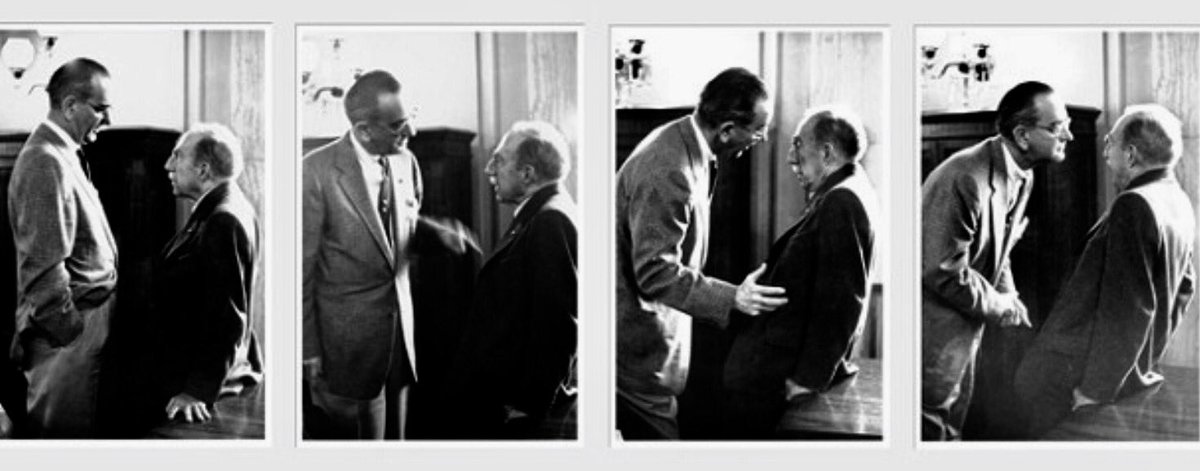The House minority leader has limited power, as we discussed on Tuesday.
This week: Cocaine Mitch votes against Gabbard and RFK.
- For Monday, Davidson, ch. 7. Next assignment will involve explaining the fate of a bill.
- Start thinking about which two committees you want to simulate.
What is leadership? What is power?
- Transactional v. transformative
- Sources of power
- Knowledge of policy and procedure
- Understanding of what followers want
- Money
- Reputation: fear and respect
- Influence on public opinion
Postscript to p. 137: McCarthy falls.
So why did Kevin McCarthy fail? Michael Tomasky:
McCarthy’s pulverizing failure as a legislative leader stems from two truths: One, he cared little about policy; two, his word was no good. He’d say anything to anyone. If you’ve read enough political biographies, you know that “he was always as good as his word” is a common form of high praise that can be delivered across partisan lines. McCarthy was as useless and malleable as his word.
Lesson: pols understand that they mislead voters, but it is taboo to lie to fellow pols.
Narrow majorities require high levels of unity.
Boehner:
- "Pelosi had gutted Big John Dingell like a halibut she found floating around San Francisco Bay, then calmly sat back and had a cup of coffee afterward. His entrails were left on display for everyone in the House of Representatives to see- and to remember."
- The Mark Meadows story: "Yeah, I said, I'd forgive him. But I knew he was carrying a backpack full of knives-and sooner or later, he'd try to cut me again with them. Which, of course, he did.
- How did Boehner lead the fight against the House Bank? (He had help.)
- How did Bachmann turn the tables?
Barber Conable, a moderate Republican from upstate New York, retired in 1984, and wrote a column reflecting on life in the House. Instead of looking at the upstarts with horror, he instead saw something very natural:
Old as I am, I recall being a "young turk" at one point and participating noisily in a successful effort to change House rules which the then Establishment found adequate. I learned a lot about the institution from the effort, vented my frustrations, and gradually became part of the Establishment myself. Youth presses age, provides a good deal of the dynamic and the dialogue, and eventually ages. Partisans may not like the tranquility of my view of these recent histrionics, but I find reassurance in the cycle of renewal.
LBJ AND LEGISLATIVE LEADERSHIP
The Johnson Network
The Johnson Intelligence System
The Johnson Procedure
The Johnson Treatment
LBJ in Frank Underwood's officeThe Johnson Procedure
The Johnson Treatment




No comments:
Post a Comment